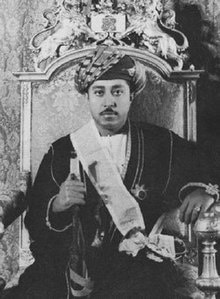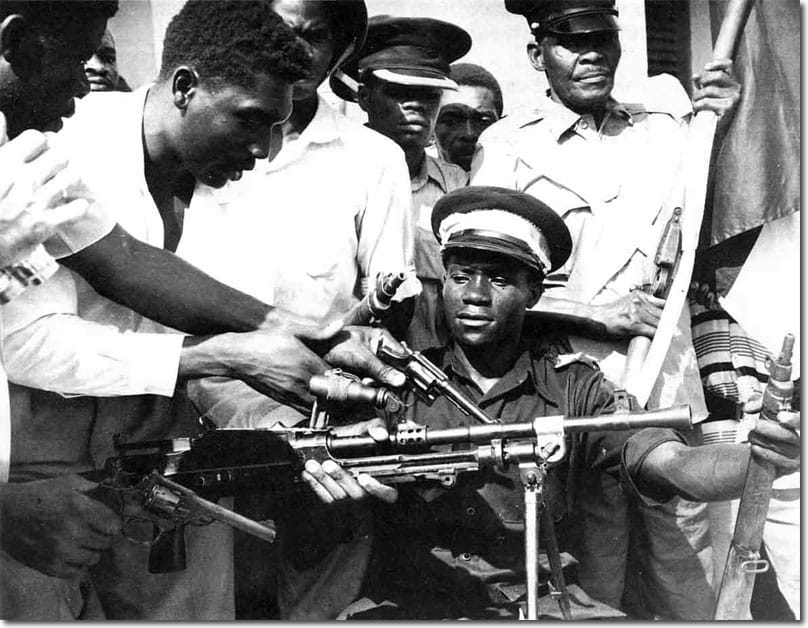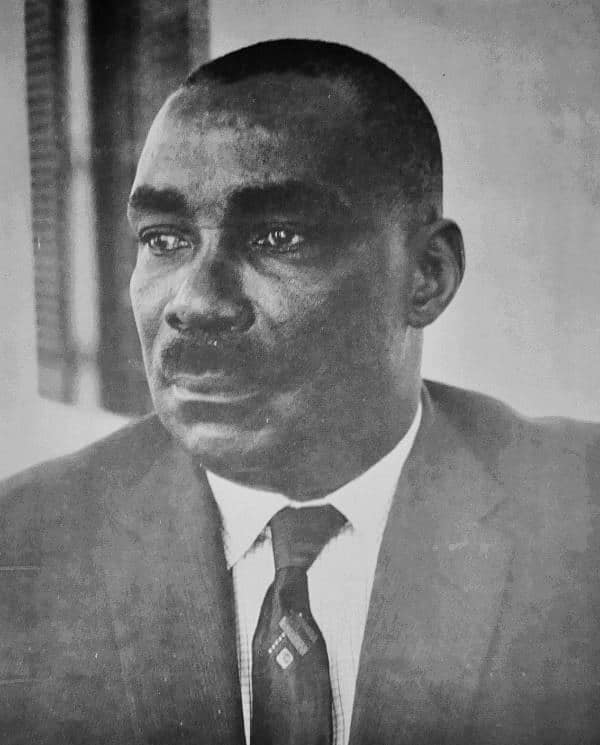Estimated reading time: 4 minutes
Short Biography of Abeid Karume
Sheikh Abeid Amani Karume, born on August 4th, 1905 and died on April 7th, 1972 at 66 years of age, was the first President of Zanzibar. He held the post as a result of a coup that made King Jamshid bin Abdullah, the last Sultan to rule in Zanzibar, in January 1964. Three months later, the United Republic of Tanzania was established, and Abeid Karume became the First Vice President of the United Republic and Julius

Nyerere of Tanganyika as president of the new country. He was the father of former Zanzibar president Amani Abeid Karume.
Abeid Amani Karume Biography on His Preliminary Work
Born in the village of Mwera, Zanzibar in 1905, Abeid Karume had little formal education and worked as a sailor before entering politics. He left Zanzibar in the early years of his life, traveling among other places to London, where he gained an understanding of geography and international affairs through the exposure of African scholars such as Kamuzu Banda of Malawi. Abeid Karume created systematic control through the expansion of the Afro-Shirazi Party and its relationship with the Tanganyika African National Union (TANU).
Zanzibar Revolution
On December 10, 1963, the United Kingdom granted full independence to Zanzibar after the Zanzibar National Party (ZNP) and the Zanzibar and Pemba People’s Party won elections. The Sultan was a constitutional king. Preliminary elections gave the government control over to the ZNP. Abeid Karume was ready to work with the new government election system, and actually at one time reported to a British police officer about a potential coup plot that was planned to happen in January.
Abeid Karume was absent from Zanzibar on January 12, 1964, the night of the coup, and instead was in mainland Africa. The instigator of the rebellion was the previously unknown a national of Uganda, John Okello. The revolution was violent, short, and the revolutionaries won. Thousands of Zanzibaris, especially Arabs and Zanzibari Indians, were killed, with few casualties on the part of the revolutionaries. The Zanzibar Revolution ended 500 years of Arab rule on the island when the Arab slave trade, above all, sparked intense hatred among a large number of Africans (Explore the article “Impact of Zanzibar Revolution and the Aftermath” for more details about the Zanzibar revolution and the effect left behind).
The Struggle for Power
After taking control of the island, John Okello invited Abeid Karume to return to the island and take over the presidency of the People’s Republic of Zanzibar and Pemba. Other Zanzibaris in the foreign region were also invited to return, especially Marxist politician Abdulrahman Mohammed Babu, who was appointed to the Revolutionary Council. John Okello dubbed himself “Field Marshal”, a position of infinite power.

What followed was a three-month internal struggle for power.
Abeid Karume used his political skills to mobilize the leaders of neighboring African countries against Okello and called on Tanganyika police officers into Zanzibar to keep peace and order. As soon as Okello made the trip abroad, Abeid Karume declared him an “enemy of the state” and did not allow him to return. Given the presence of Tanganyika police and the absence of their leader, Okello’s remaining forces could not set up any further challenges.
Abeid Karume’s second important political issue came when he agreed to form a coalition with Tanganyika president Julius Nyerere in April 1964. The union ensured that the new country, to be called Tanzania, would not join the Soviet Union and the communist bloc, as AM Babu had argued. Given the new legitimacy of the Abeid Karume government (now widely supported by the Tanganyika government), Abeid Karume isolated Babu to no avail. The Marxist leader was forced to flee Tanzania after being charged with masterminding Karume’s assassination in 1972. As a result, Abeid Karume was appointed the post of First Vice President.
Abeid Amani Karume Death and Legacy
Abeid Karume was assassinated in April 1972 in Zanzibar City. Four armed men shot and killed him while playing a “Bao” (It is most popular among the Swahili people of Tanzania and Kenya; the name itself “Bao” is the a word from the Swahili language that means “board” or “board game”) at the Afro-Shirazi Party headquarters. Punishment was followed against people suspected of opposing Abeid Karume’s rule. The son of Abeid Karume, Amani was appointed the President of Zanzibar two times, first in year 2000 and then in 2005 by majority vote. Later he was succeeded by Al Mohamed Shein in year 2010.
Click here for more articles related to politics of Tanzania!

































